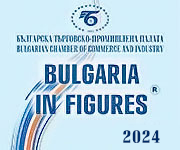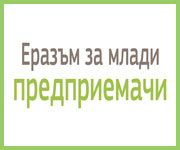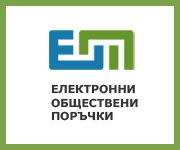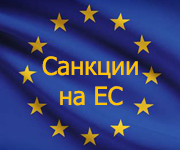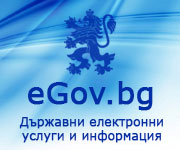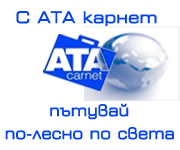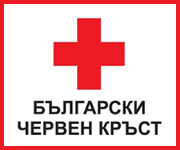Назад
Назад
Eight percent of world trade is with counterfeit products
GS1 International begins preparing the White Paper for combat against counterfeit goods
“Eight percent of the products in world trade are counterfeit, and the role of GS1 will be crucial for stabilization, implementation of effective systems for tracking and combat against counterfeiting,” said Tsvetan Simeonov, BCCI President and Chairman of the Bureau of the GS1 Bulgaria Council. The plenary sessions of the GS1 Global Forum are under way in Brussels with the participation of a five-member delegation from GS1 Bulgaria.
According to a research presented at the forum, over 1.5 billion counterfeit goods are found on the world market. More than half (53%) of the 8 % counterfeit goods are in the fashion industry and the trade in drugs accounts for 10%. Because of the incomplete or inadequate implementation of the systems for unique marking and tracking of products, medicines and perishable goods one billion false documents are exchanged in the communication between companies. According to GS1 experts the losses from the waste of perishable goods worldwide last year amounted to € 334 billion.
The focus of the forum is on mobile commerce. In 2010 sales over mobile devices accounted to two billion, in 2011 their number was five billion, and this year they are expected to amount to eight billion. GS1 experts estimate that in 2015 the goods that will be sold through e-commerce will reach 300 billion. That is why expanding the GS1 standards through mobile phones is under process. The aim is to enable trading from any place as well as checking the reliability of the information on the origin, quality and terms of expiry of each article and product. This is important to ensure stability and security on the market and that is why GS1 is considered the main guarantor of reliable information.
GS1 International begins preparing the White Paper for combat against counterfeit goods. On this basis, GS1 Bulgaria will develop its version for the Bulgarian market.
When discussing the application of GS1 standards for fresh produce and vegetables emphasis was put on the opportunities provided by GS1 DataBar. It has been found that 25% of fresh food and products are scrapped due to lack of effective means for monitoring the terms of suitability and quality logistics through the chain manufacturer, supplier and trader. Presentations were made at the forum of applications realized with GS1 DataBar, which solve this problem. A solution has been shown that allows changing the products’ prices when the shelf life expires without having to draw up new labels, as the price of the product is not printed on it but is verified by the consumer with the help of scanners installed in the commercial center. This technical solution makes possible the prevention from selling of products with expired shelf life.
The ongoing discussions today concentrate on GS1-health applications and the possibility for GS1 standards to unify the approaches in this field.
======================================================================
GS1 is a leading global organization dedicated to the design and implementation of global standards and solutions for accurate identification and communication of information regarding products, assets, services and locations in supply and demand chains globally and across sectors. The GS1 standards are used in all sectors of industry and facilitate trade by combining the use of unique identification numbers with data carriers and the process of e-trade.
GS1 is an international not-for-profit association, the neutral leader enabling communities to develop and implement global standards providing the tools, trust and confidence needed by its partners – large multinational companies and SMEs worldwide. GS1 is a platform for cooperation between the business partners.
14.02.2012
Още новини:
-
09-02-2012
-
03-02-2012

 1 USD =
1 USD =  1 GBP =
1 GBP =  1 CHF =
1 CHF =  ISO 9001:2015
ISO 9001:2015




















